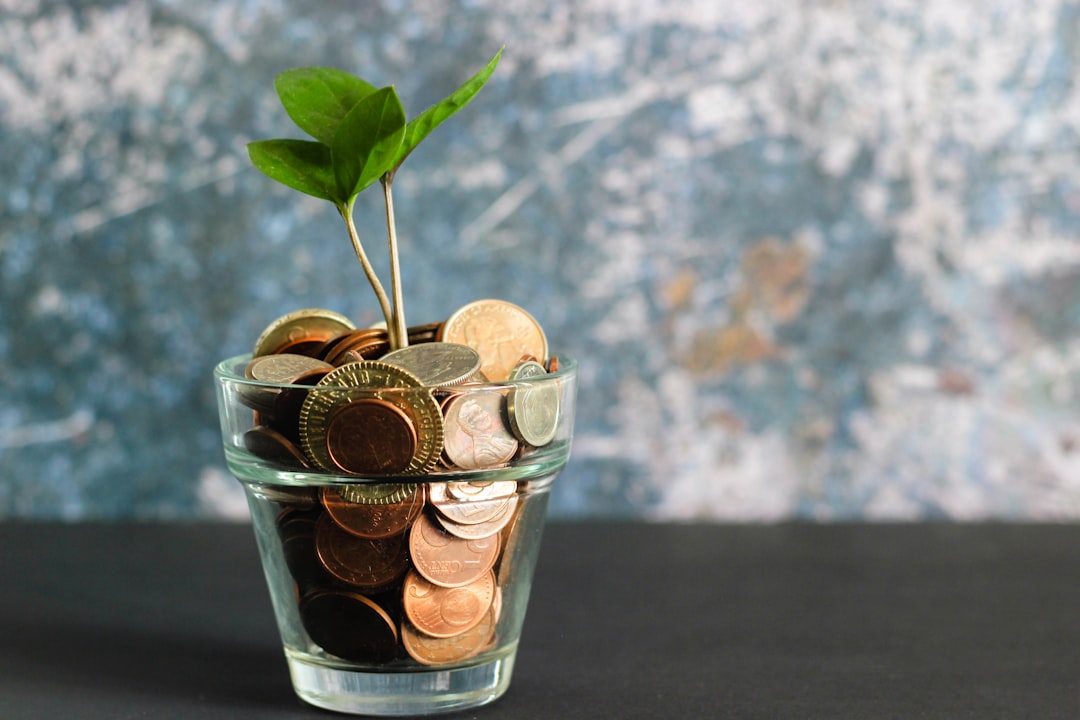Nominations are open for the 2023 Albies!
It’s time to select the best work on political economy for the 2023 calendar year.

We are almost a week into December, which means I am a little late to post this announcement: nominations are open for the 2023 Albies!
This is an annual list of the best work in political economy that began 15 years ago when I was blogging for Foreign Policy. I kept in going during my years at the Washington Post. The hard-working staff here at Drezner’s World is bound and determined to keep this up here on the Substacks.
My criteria for an Albie remain as follows: “Any book, journal article, magazine piece, working paper, op-ed or blog post published in the calendar year [about the politics of the global economy] that made you rethink how the world works in such a way that you will never be able to ‘unthink’ the argument.”
Over the years my definition has widened even further than that; past Albie winners have included fictional work like the film Margin Call; last year ChatGPT made the list. Clearly, an Albie does not need to appear in a peer-reviewed journal or university press book (though it should be noted that those attributes are not bad things either). The argument and/or evidence needs to be clear and compelling — which is, alas, harder to do with respect to the global political economy than you might think.
The Albies are named in honor of Albert O. Hirschman, author of “Exit, Voice, and Loyalty,” “The Passions and the Interests,” “National Power and the Structure of Foreign Trade” and other stellar books and papers. For outstanding biographies of Hirschman, check out Jeremy Adelman’s outstanding “Worldly Philosopher: The Odyssey of Albert O. Hirschman” as well as Michele Alacevich’s “Albert O. Hirschman: An Intellectual Biography.”
If you need to get a better sense of what I am talking about, please check out the 2022 Albie winners:
If 2022 was a weird year for the global political economy, 2023 was even weirder. It started with some economic forecasters offering a 100% guarantee that the United States would fall into a recession. Instead, GDP growth and productivity growth surged while inflation cooled off considerably. It was, like, the opposite of stagflation.1
That said, perception matters just as much as reality — and both national and global perceptions are much more pessimistic. And in international relations, systemic pessimism is a very dangerous condition.
This is not like those annual best-film or best-book lists that are completed six weeks before the calendar year ends. It is entirely possible, nay, likely, that an Albie winner will be published in the month of December. Therefore the winners will be announced, as per usual, on December 31st.
Submit away!
Now economists are sounding more bullish about a soft landing in 2024 — which, of course, just makes me warier about a recession.



I would like to nominate this article on attitudes toward - and reactions to - climate change policy in the United States by Thomas Oatley. It provides an interesting new way of thinking about economic structure, material self-interest, and economic reforms. https://academic.oup.com/ser/advance-article/doi/10.1093/ser/mwad052/7288568?login=true
I would nominate and highly recommend this International Security article by Ling Chen and Miles Evers: “Wars without Gun Smoke”: Global Supply Chains, Power Transitions, and Economic Statecraft (October 2023). https://direct.mit.edu/isec/article/48/2/164/118107 . Fascinating article with a compelling argument that draws on a comparison between U.S.-China power transitions and Anglo-German power relations at the beginning of the 20th century.